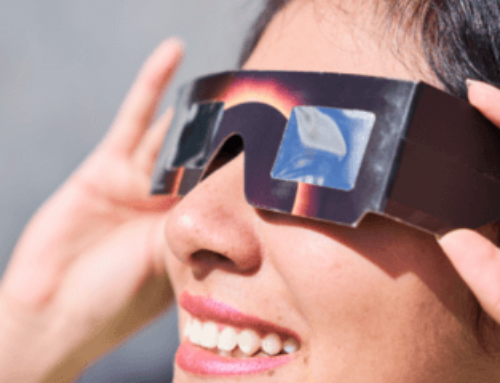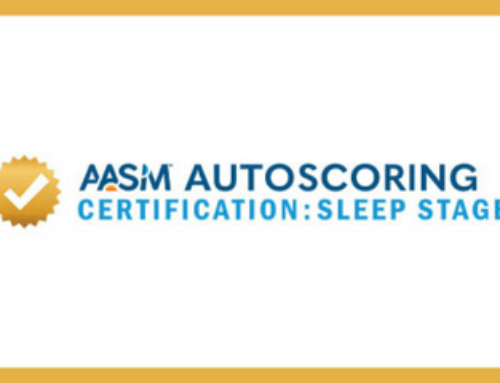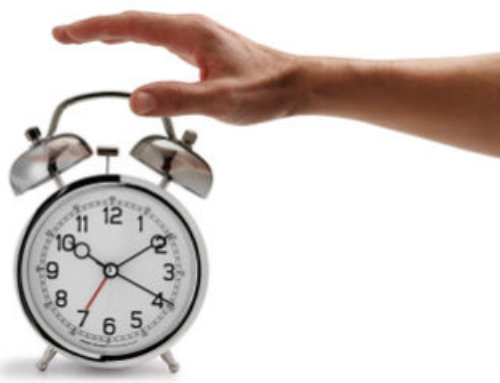FOR IMMEDIATE RELEASE
CONTACT: Lynn Celmer, 630-737-9700, ext. 9364, lcelmer@aasm.org
DARIEN, IL – A new study suggests that your level of sleepiness or alertness during the day may be related to the type of food that you eat.
Results show that higher fat consumption was associated with increased objective daytime sleepiness, while higher carbohydrate intake was associated with increased alertness. There was no relationship between protein consumption and sleepiness or alertness. These findings were independent of the subjects’ gender, age, and body mass index as well as the total amount of sleep they were getting and their total caloric intake.
“Increased fat consumption has an acute adverse effect on alertness of otherwise healthy, non-obese adults,” said principal investigator Alexandros Vgontzas, MD, professor of psychiatry at the Penn State College of Medicine in Hershey, Pa.
The research abstract was published recently in an online supplement of the journal SLEEP, and Vgontzas will present the findings Tuesday, June 4, in Baltimore, Md., at SLEEP 2013, the 27th annual meeting of the Associated Professional Sleep Societies LLC.
The study group comprised 31 healthy, non-obese normal sleepers without sleep apnea, ranging in age from 18-65 years, who spent four consecutive nights in a sleep lab. On the fourth day objective sleepiness was assessed with the Multiple Sleep Latency Test (MSLT), and meals were provided five times to assess diet.
According to the authors, previous studies had found that diet composition affects subjective sleepiness. The current study adds to this body of research by showing a similar association between diet and objective sleepiness.
“Excessive daytime sleepiness and fatigue are very prevalent in the modern world and on the rise,” said Vgontzas. “It appears that a diet high in fat decreases alertness acutely, and this may have an impact on an individual’s ability to function and also public safety.”
For a copy of the abstract, “High fat intake is associated with physiological sleepiness in healthy non-obese adults,” to arrange an interview with Dr. Vgontzas or an AASM spokesperson, or to register for a press pass to attend SLEEP 2013, please contact AASM Communications Coordinator Lynn Celmer at 630-737-9700, ext. 9364, or lcelmer@aasm.org.
A joint venture of the American Academy of Sleep Medicine and the Sleep Research Society, the annual SLEEP meeting brings together an international body of more than 5,500 leading clinicians and scientists in the fields of sleep medicine and sleep research. At SLEEP 2013 (www.sleepmeeting.org) more than 1,300 research abstract presentations will showcase new findings that contribute to the understanding of sleep and the effective diagnosis and treatment of sleep disorders such as insomnia, narcolepsy and sleep apnea.
The American Academy of Sleep Medicine considers sleep disorders an illness that has reached epidemic proportions. Board-certified sleep medicine physicians in an AASM-accredited sleep center provide effective treatment. AASM encourages patients to talk to their doctors about sleep problems or visit www.sleepeducation.com for a searchable directory of sleep centers.








